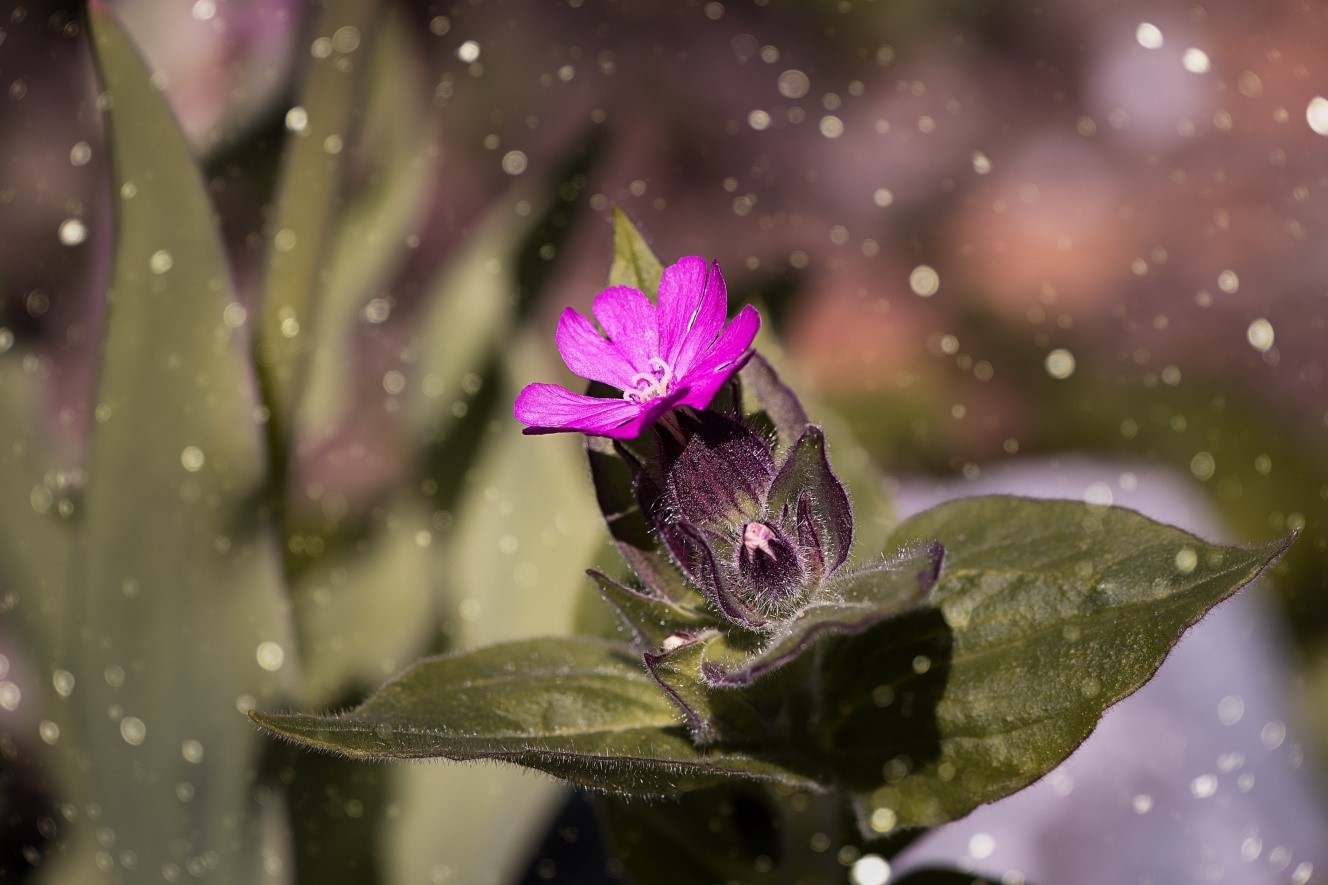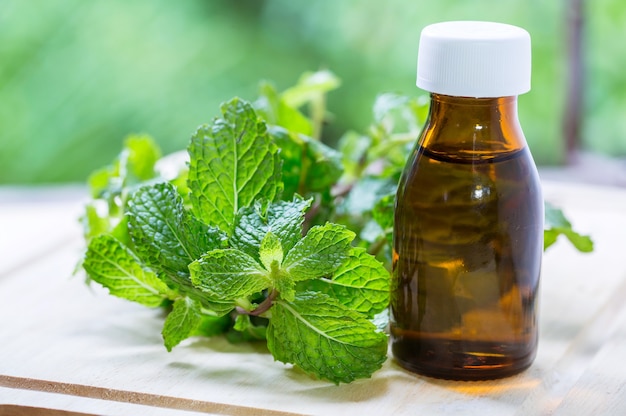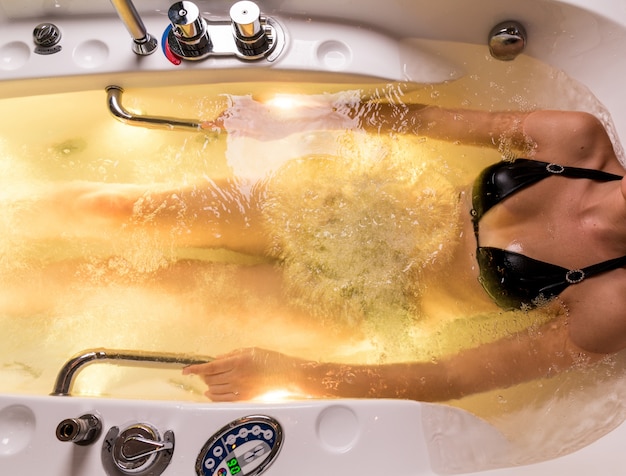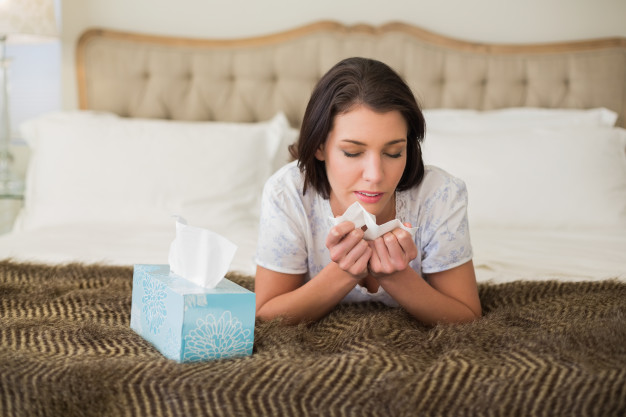We hope you love the products we recommend! Just so you know, Trendy Mami may collect a share of sales or other compensations from the links on this page.
–
It drives me nuts when I can’t take a short walk around my neighborhood without my seasonal allergies kicking in. And I’m not alone. According to the Asthma and Allergy Foundation of America, about 50 million Americans suffer from seasonal allergies, affecting about 30% adults and 40% children.
Many people alleviate their seasonal allergies by taking some sort of allergy medication. When my allergies get really bad, I tend to pop a Zyrtec. But I don’t feel comfortable relying so much on medication for my allergies. I decided to look into learning more about seasonal allergies and natural methods of alleviating its symptoms.
Common Symptoms
Seasonal allergies can flare up all year-round. The difference is in the allergens that cause them. In the spring, pollen is the major contributor while in the summer, grasses and weeds cause them to flare up. Meanwhile, the fall and winter are more susceptible to ragweed pollen, mold, and dust mites.
The most common symptoms of seasonal allergies include:
- A runny, itchy nose
- Itchy, red watery eyes
- Coughing and wheezing
- Scratchy throat
- Congestion
- Constant sneezing
- Mild fatigue
How Seasonal Allergies Affect People
Anyone who has seasonal allergies knows how annoying the symptoms are. It’s no fun sneezing four times in a row, rubbing your itchy eyes, or having trouble sleeping because you’re congested. However, according to Everyday Health, seasonal allergies may affect people in other ways such as chronic fatigue, asthma, upper respiratory infection, sleep issues, and even depression.

How to Manage Seasonal Allergies
How do you prevent the misery that comes with seasonal allergies? The bad news is that allergens are everywhere, even in your home. The good news is that we can decrease our chances of having them flare up. The American College of Allergy, Asthma, and Immunology advises these following strategies:
- Monitor pollen and mold counts.
- Keep windows and doors shut at home and in your car during allergy season.
- To avoid pollen, know which pollens you are sensitive to and then check pollen counts. In spring and summer, during tree and grass pollen season, levels are highest in the evening. In late summer and early fall, during ragweed pollen season, levels are highest in the morning.
- Take a shower, wash your hair and change your clothes after you’ve been working or playing outdoors.
- Wear a NIOSH-rated 95 filter mask when mowing the lawn or doing other chores outdoors, and take appropriate medication beforehand.
Here are two of my own suggestions. One is to vacuum your carpets often, especially if you have pets. If your pets spend time outside pollen may stick to their fur, which they then bring in your home. Another is to regularly replace your home’s air filter. Every three months is average but change them more often if you have pets or allergies.
Natural Remedies

Allergy medications may alleviate your symptoms, but can have side effects such as drowsiness, insomnia, dry eyes/mouth/nose, and restlessness. Furthermore, some allergy medications have ingredients that can be harmful to pregnant or breastfeeding women. Instead, consider natural methods to alleviate your symptoms. Here’s a short list.
1. Try to avoid allergy-triggering foods during peak times of allergy season such as alcohol, shellfish, melons, bananas, caffeine, and wheat.
2. On the flip side, eat/drink foods that will boost your immune system such as raw honey, hot and spicy food, apple cider vinegar (Click here to read more about it), and fresh organic vegetables.
3. Simply rinsing out your nostrils can help. Many people swear by the Neti pot , but my husband is a big fan of NeilMed sinus rinse packets and uses them after he works in the backyard, or whenever he feels congested.
4. Some people have said that acupuncture helps with their allergies.
5. A cool mist humidifier may help get rid of allergens in the air.

6. Essential oils and aromatherapy is another suggested remedy. Mint oils relax the airways and help you breathe better. Other essential oils such as lavender, eucalyptus, rose, and peppermint can help combat hay fever symptoms.
7. Eat foods with a lot of vitamin C. It’s not surprising that it helps, considering that vitamin C is great in fighting off cold symptoms.
8. Various herbs such as stinging nettle, butterbur, and peppermint can be helpful, especially in tea form.

9. Take a nice, hot bath infused with essential oils. Hello Glow has a recipe for allergy relief bath salts you may like.
10. Some say that salt therapy can help alleviate allergies. Try this Himalayan crystal salt inhaler.












